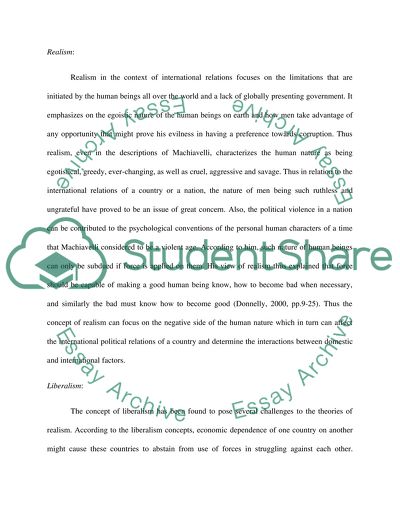Cite this document
(“How do the three conceptions of the international political economy Term Paper”, n.d.)
How do the three conceptions of the international political economy Term Paper. Retrieved from https://studentshare.org/miscellaneous/1582108-how-do-the-three-conceptions-of-the-international-political-economy-realism-liberalism-marxism-differ-how-would-the-advocates-of-each-assess-the-phenomenon-of-global-integration-what-are-the-merits-and-the-dangers-of-hegemonic-stability-in-int
How do the three conceptions of the international political economy Term Paper. Retrieved from https://studentshare.org/miscellaneous/1582108-how-do-the-three-conceptions-of-the-international-political-economy-realism-liberalism-marxism-differ-how-would-the-advocates-of-each-assess-the-phenomenon-of-global-integration-what-are-the-merits-and-the-dangers-of-hegemonic-stability-in-int
(How Do the Three Conceptions of the International Political Economy Term Paper)
How Do the Three Conceptions of the International Political Economy Term Paper. https://studentshare.org/miscellaneous/1582108-how-do-the-three-conceptions-of-the-international-political-economy-realism-liberalism-marxism-differ-how-would-the-advocates-of-each-assess-the-phenomenon-of-global-integration-what-are-the-merits-and-the-dangers-of-hegemonic-stability-in-int.
How Do the Three Conceptions of the International Political Economy Term Paper. https://studentshare.org/miscellaneous/1582108-how-do-the-three-conceptions-of-the-international-political-economy-realism-liberalism-marxism-differ-how-would-the-advocates-of-each-assess-the-phenomenon-of-global-integration-what-are-the-merits-and-the-dangers-of-hegemonic-stability-in-int.
“How Do the Three Conceptions of the International Political Economy Term Paper”, n.d. https://studentshare.org/miscellaneous/1582108-how-do-the-three-conceptions-of-the-international-political-economy-realism-liberalism-marxism-differ-how-would-the-advocates-of-each-assess-the-phenomenon-of-global-integration-what-are-the-merits-and-the-dangers-of-hegemonic-stability-in-int.


